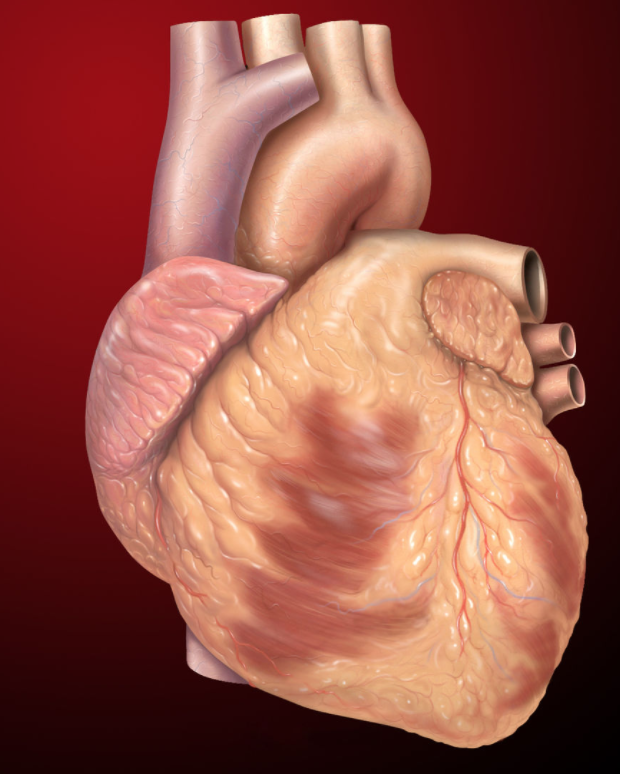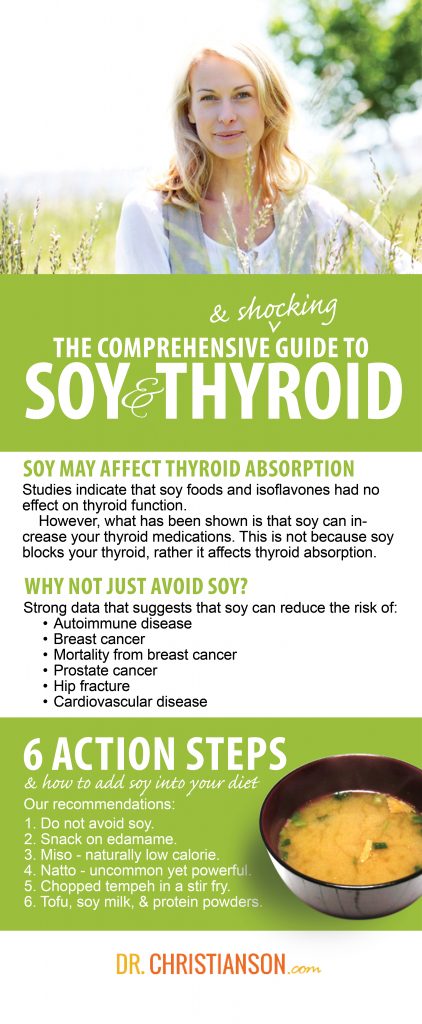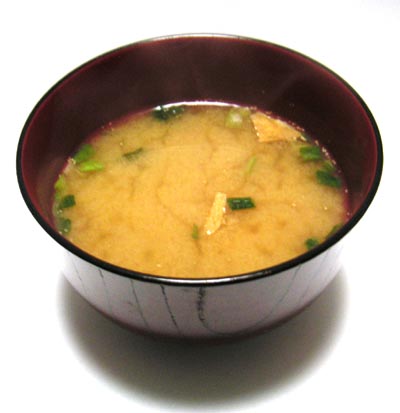It might be a lot easier to ignore it, but the studies are there. If we ignore the test tube studies, the animal studies, and the general ideas, but instead focus on human research, studies, and outcomes, we might see a different picture being painted about soy.
The data is there, so let’s focus on it.
There are three human studies that I have found, which I think are important to share with you. These are the studies which have suggested problems with soy relative to thyroid disease:
1) Baby Formula
This was a study done on infants, which found that soy formulas could act as a trigger for thyroid disease (especially before the 1960’s). What happened was that babies received formulas who would have no other food intake.
This meant that they needed to get the amount of nutrients exactly right, while not going overboard, for the children. Soy formulas were then created, with little understanding of how mineral absorption happens in soy relative to cow’s milk.
This means that many children had similar amounts of:
But they may not absorb them the same way from soy and dairy. So, they had to change the formulations.
This meant that infants on soy formulas could end up deficient in iodine, zinc, and iron. And, in some cases, this led to hypothyroidism.
Once they changed, these problems disappeared. There were no issues, past reformulation, which changed the absorption of nutrients.
2) Autoimmune Disease
Another study1 was done on the rate of autoimmunity in children.
It looked at siblings, some of which who were on soy formulas and some who were not. This was a small group, and they did show that there was a 13% higher risk of developing autoimmunity in those who had the soy formula.
That data does exist, and it is troubling, but it was done on a small group. It means that the risk exists, but it is hard to construct definitive rules for our health based on something so small.
3) Subclinical Hypothyroidism
This is an absolutely fascinating study.2
Researchers looked at the onset of hypothyroidism amongst those who had subclinical hypothyroidism.
Think about it like this: these are people who are on the edge and are just about to drop off into overt hypothyroidism. They have:
- Elevated TSH
- Normal levels of T4
- No obvious symptoms
In these groups of people, about 6 – 7% become overtly hypothyroid within a year. So, researchers watched this group over 6 months to see if there were any determining factors causing them to convert into overt hypothyroidism.
The study consisted of two groups, each on soy.
One of these groups was taking a soy protein with a low-dose soy isolates, while the other was taking soy protein and a higher dose of soy isolates.
Of the group that was taking more soy supplements, more of them became hypothyroid – while the other group did not become hypothyroid at all.
















